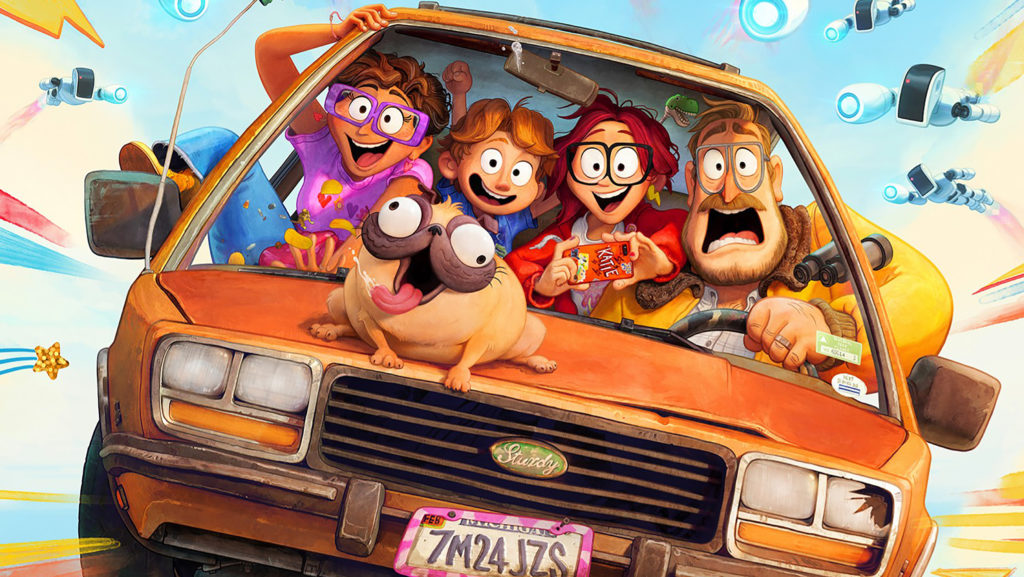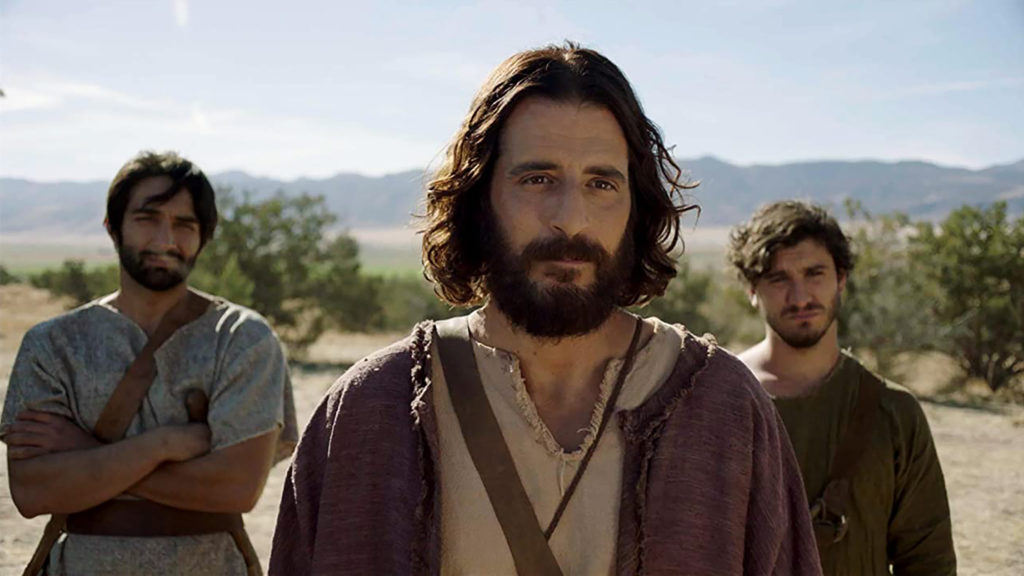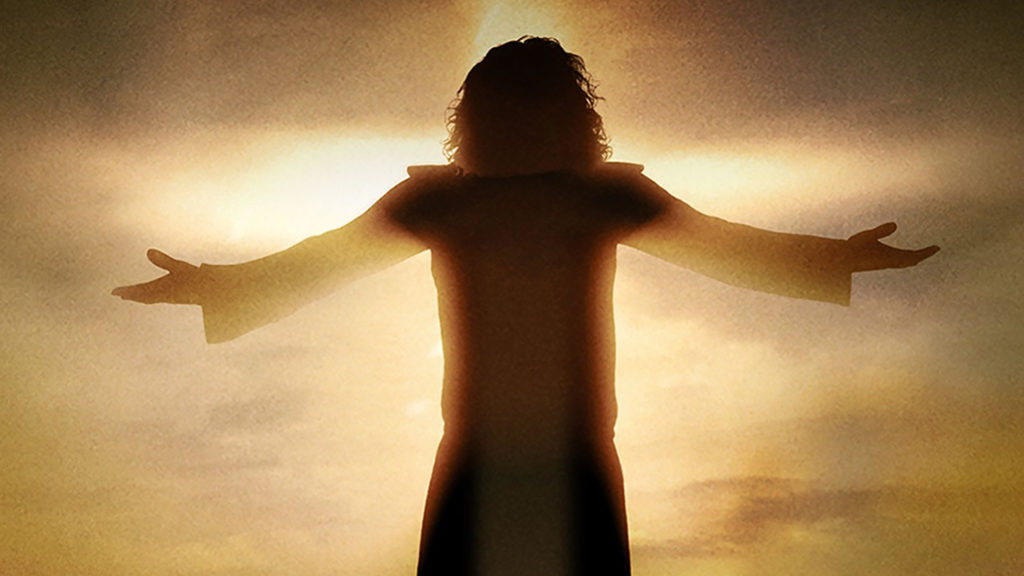On Jan. 11, “The Pirates Who Don’t Do Anything” — the second feature-length film from the evangelical-inspired VeggieTales — sailed into theaters.
Phil Vischer, co-creator of VeggieTales and the voice behind many of the movie’s characters, says the movie is like a biblical parable. It teaches about the kingdom of God through an entertaining story — in this case, the tale of three bumbling vegetable friends who must band together and overcome their fears to save their friends.
Vischer talked about what makes a movie religious and Christian.
Q: What makes a film religious?
A: There are very strong Judeo-Christian values in most successful family films. It’s hard to tell a compelling story that goes against those values or disregards them. You’d have to be wildly cynical as a filmmaker to craft a kids movie that throws Judeo-Christian values out the window.
Q: Is it hard for a Christian movie to compete with mainstream movies that don’t have Christian themes?
A: Eight out of 10 Americans still identify as Christian, even if they haven’t gone to church since their parents made them when they were kids. But when they become parents, all of a sudden, they look at their own kids and ask, “What values am I passing on to them?”
Q: Why would the most recent VeggieTales movie appeal to non-Christians?
A: This is a fun adventure that shows how everybody can be a hero and how the hero isn’t the tallest or the strongest or the best looking.The hero is the one who does what’s right, no matter how hard.
Q: What do you hope kids will learn about being a hero?
A: Regardless of how you view yourself, God has created you to do something really cool. That’s why we’re here and it involves helping others and it has nothing to do with how big and brave and strong you are and everything to do with trust in God to give you what you need to do what He’s asked you to do.
Q: How is this a biblical movie?
A: The movie is an allegory, like a parable. If you read the parables in the Bible, none of them mention God or Jesus explicitly, but there’s always a character that represents God. Parables are lessons about the kingdom of heaven wrapped into the vernacular of the day. I said, “Let’s create a modern-day parable about what it means to be a hero.”
Q: Is it a theological problem that you can create a “biblical movie” without any overt references to God or Jesus?
A: Our movie is allegorical but it is a fairly overt allegorical statement about God. I don’t know that a movie from a Christian filmmaker has to stand apart that much from a well-told film. There are so many films that have compelling messages with spiritual implications. When Christian filmmakers say, “Mine has to read like a tract,” you’re not making movies anymore; you’re making sermons with a camera.
Q: In the movie, the three pirate characters have a ball that guides them. Does the ball represent the Bible?
A: No, it’s God’s call. It’s just a device of beckoning, the instrument through which God reaches out and says, “Pssst. I’ve got something for you.” The danger of allegory is that everyone starts trying to find biblical characters around every turn. It’s better to look at the allegory in a simple way; otherwise you’re making stuff up.
Q: And your simple message is that everyone can be a hero?
A: Yes, and the message is also: Stop being a consumer and be a producer. If you reach adulthood under the impression that the world exists to entertain you, you are going to be on the couch your whole life. That’s not what God is telling us to do. The world is on fire. He wants us to jump in, grab a bucket and start putting out fires.
(RNS)





Share with others: